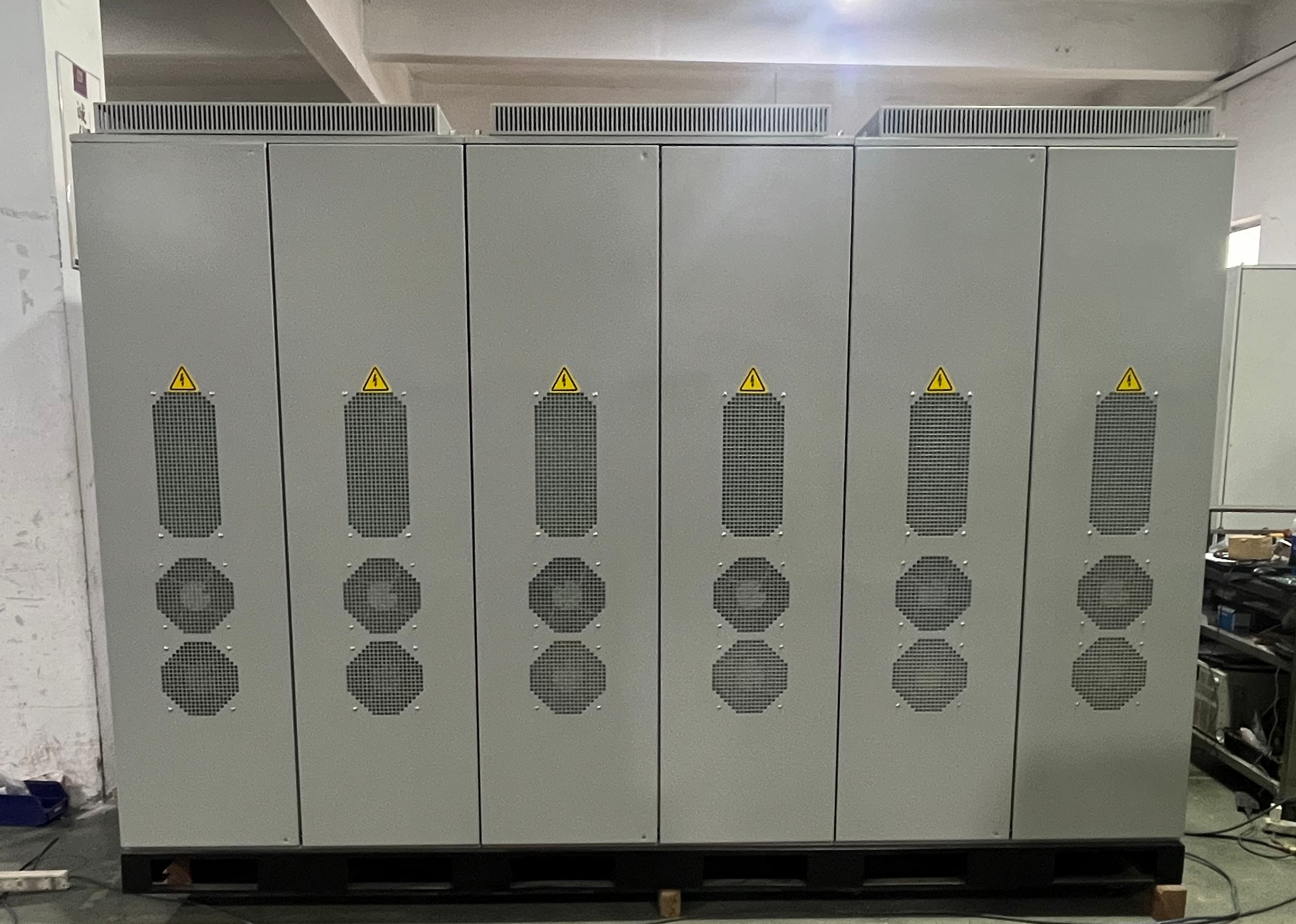wireless power testing
Wireless power testing represents a cutting-edge methodology for evaluating and validating wireless power transfer systems, encompassing both transmitting and receiving components. This comprehensive testing process ensures optimal performance, safety, and compliance with international standards. The testing procedures cover multiple aspects, including power transfer efficiency, electromagnetic compatibility, thermal performance, and safety parameters. Advanced testing equipment measures power output, transfer rates, electromagnetic field strength, and alignment tolerance between transmitting and receiving units. The technology enables validation of wireless charging systems across various applications, from consumer electronics to industrial equipment and electric vehicles. Testing protocols verify functionality across different power levels, distances, and environmental conditions, ensuring reliable operation in real-world scenarios. Modern wireless power testing facilities utilize sophisticated measurement tools, including power analyzers, thermal imaging cameras, and electromagnetic field meters, to provide detailed performance data. The testing process also evaluates factors such as foreign object detection, system response to misalignment, and compatibility with different device types. This comprehensive approach ensures that wireless charging solutions meet regulatory requirements while delivering consistent, efficient performance for end users.




